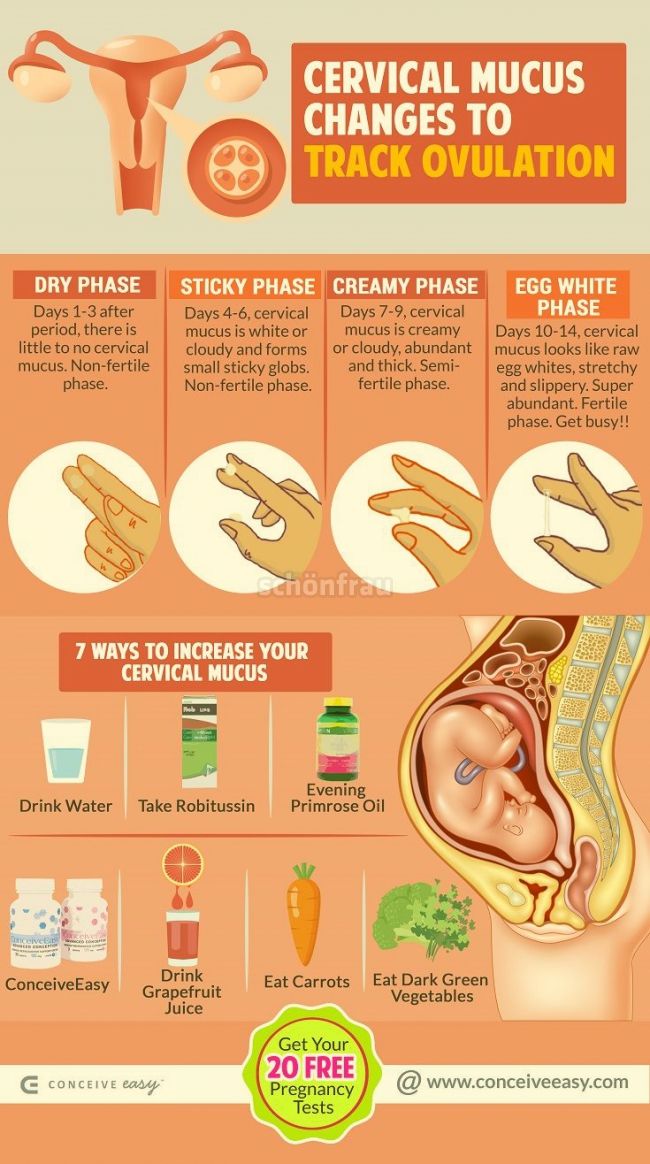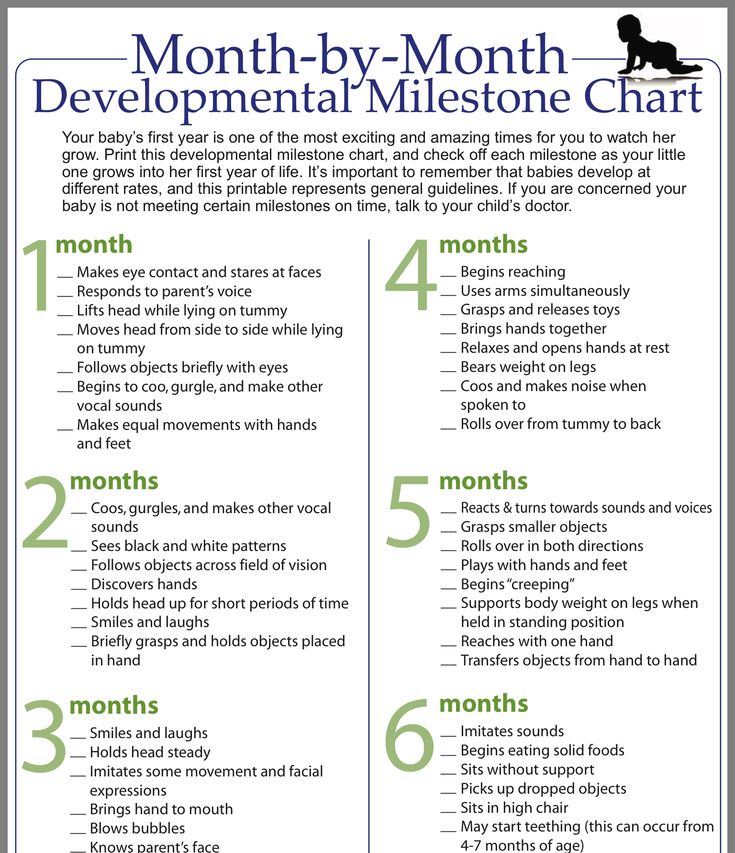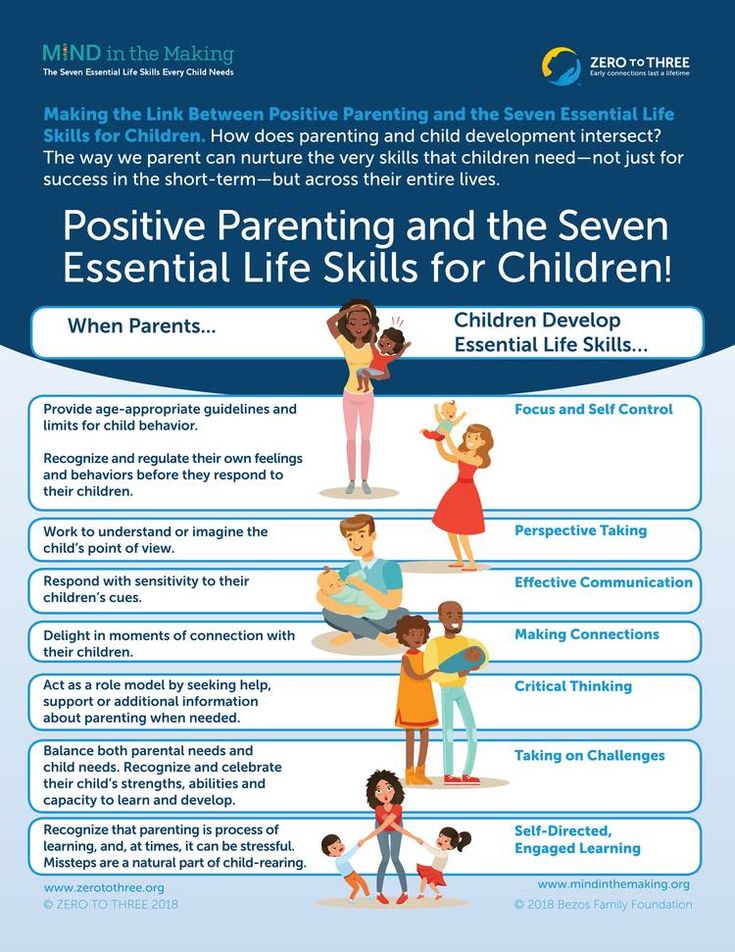How to lay down when pregnant
Best Sleeping Positions While Pregnant
The best sleep position during pregnancy is “SOS” (sleep on side) because it provides the best circulation for you and your baby. It also places the least pressure on your veins and internal organs. Sleeping on your left side will increase the amount of blood and nutrients that reach the placenta and your baby. Plus good circulation helps reduce potential swelling, varicose veins in your legs and hemorrhoids.
How Can I Sleep More Comfortably During Pregnancy?
Keep your legs and knees bent, and put a pillow between your legs to relieve the stress on your back.
- If you find that you are having problems with back pain, use the “SOS” position, and try placing a pillow under your abdomen as well.
- If you are experiencing heartburn during the night, you may want to try propping your upper body with pillows.
- In late pregnancy, you may experience shortness of breath. Try lying on your side or propped up with pillows.
These suggestions may not sound completely comfortable, especially if you are used to sleeping on your back or stomach, but try them out. You may find that they work. Keep in mind that you may not stay in one position all night, and rotating positions is fine.
What Sleep Positions During Pregnancy Should I Avoid?
Sleeping on your back: This can cause problems with backaches, breathing, the digestive system, hemorrhoids, low blood pressure and cause a decrease in circulation to your heart and your baby. This is a result of your growing abdomen resting on your intestines and major blood vessels (the aorta and vena cava). You can also develop sleep apnea as you put on weight.
Sleeping on your stomach: When you are farther along in your pregnancy, your breasts become more tender and your abdomen continues to grow, both making sleeping on your tummy uncomfortable. Using a donut-shaped pillow (with a hole in the middle) may help you sleep comfortably on your stomach.
Reasons for your discomfort may include:
During pregnancy, you may find yourself wrestling in bed trying to get comfortable before falling asleep. When you are pregnant your body goes through a variety of changes causing your regular sleeping positions to no longer work for you.
- Increased size of the abdomen
- Back pain
- Heartburn
- Shortness of breath
- Insomnia
More Steps to Sleeping Better While Pregnant
- Limit caffeine. Try not to drink coffee or caffeinated tea after 3 p.m.
- Brink plenty of water. Drink lot of water through out the day, but limit intake a couple of hours before bedtime so you don’t have to wake up and go to the bathroom.
- Exercise for 30 minutes. Exercise helps you sleep better, but don’t exercise within four hours of bedtime.
- Relaxing activities. A warm bath, foot or shoulder massage will help you relax.

- Peaceful bedroom. Keeping your bedroom dark, quiet and cool at night will help to drift off to sleep and stay asleep.
- 7 Discomforts of Pregnancy
- Nighfood Nighttime Ice Cream
- Pregnancy Week 15
Compiled using information from the following sources:
1. Nemours Foundation
https://www.kidshealth.org
1. Your Pregnancy Week by Week Fifth Ed. Curtis, Glade B., OB/GYN, et al. Week 16
Best positions and sleep aids
We include products we think are useful for our readers. If you buy through links on this page, we may earn a small commission. Here’s our process.
Many women find themselves wondering how best to sleep when pregnant. Sleep issues are common during pregnancy, especially in the third trimester, when finding a comfortable sleeping position can be challenging. Some pregnant women may also worry that certain body positions might affect their health or that of the fetus.
A National Sleep Foundation survey found that 78% of women have more trouble sleeping when pregnant, with 15% experiencing restless leg syndrome during the third trimester.
Many women report fatigue during pregnancy, particularly in the first and third trimesters. Rising progesterone levels and the effort of carrying around extra weight can intensify this fatigue, which sleep deprivation can worsen.
Some strategies can help pregnant women get better sleep. In this article, we look at sleeping positions to try or avoid and discuss sleep aids that are safe to use during pregnancy.
Share on PinterestPlacing a pillow between the legs when sleeping may help with back pain.During the first trimester, it is safe for a woman to sleep in whatever position she feels comfortable in, whether this is on her back, side, or stomach. Any combination of the above positions is also fine.
The uterus has not grown large enough to interfere with sleep. However, hormonal changes, nighttime hunger, nausea, and other pregnancy symptoms may make sleep more difficult.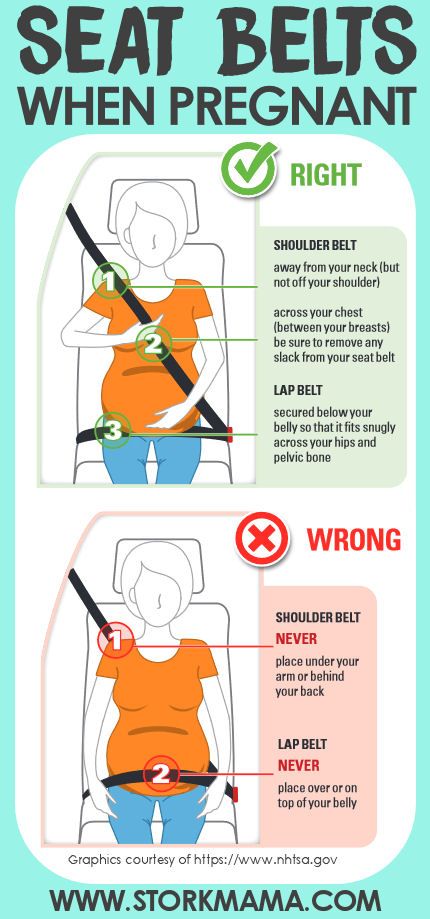
As a woman reaches the second and third trimesters, it is ideal to sleep on the left side. Being in this position maximizes blood flow to the uterus without putting pressure on the liver. Women who experience hip or back pain during pregnancy may find that placing a pillow or two between the knees or bending the knees during sleep can help provide relief.
A woman who prefers to sleep on her right side can adopt this position instead. There is no research showing that this is dangerous.
Some other sleep positions that may help resolve common issues include:
- raising the upper body with a few pillows to reduce heartburn
- elevating the legs with pillows to help with swelling and leg pain
- using a body pillow or pregnancy pillow to cradle the body and provide additional back support
Experts consider some sleeping positions to be less advisable than sleeping on the side. These include:
Stomach sleeping
Many pregnant women worry that sleeping on their stomach will harm the developing fetus. However, the uterus protects the fetus well, and there is no reason to avoid sleeping on the stomach during the first trimester.
However, the uterus protects the fetus well, and there is no reason to avoid sleeping on the stomach during the first trimester.
As pregnancy progresses, most women find that sleeping on the stomach becomes impossible or difficult.
For women who still prefer stomach sleeping or who occasionally wake up on their front, there is no need to worry. Sleeping on the stomach will not harm the baby.
Some pregnant women may find that using several sleeping pillows allows them to sleep on their stomach. It is fine to use these devices and perfectly safe to wake up lying on the stomach.
Back sleeping
In the third trimester — from the 28th week of pregnancy onward — sleeping on the back puts pressure on the main blood vessels that deliver blood to the uterus. This pressure may decrease the oxygen supply to the fetus. It can also increase unpleasant symptoms, such as dizziness and heartburn, in the woman.
A 2019 study links ongoing back sleeping during pregnancy to an increased risk of stillbirth. Other studies have arrived at similar conclusions.
Other studies have arrived at similar conclusions.
However, this study looked at the position in which a woman fell asleep rather than the position she moved into during sleep. There is little evidence that accidentally rolling onto the back during pregnancy will cause lasting harm. As a result, not all experts agree with the advice to avoid sleeping on the back.
A 2018 University of Utah interview with three high risk pregnancy specialists emphasizes that one study linking back sleeping to stillbirth did not control for other factors. The specialists also note that even in women who sleep on their backs, the risk of stillbirth remains low.
A woman who is concerned that she frequently awakens on her back can try using pillows to support her body and help her remain on her side.
Different strategies can help a pregnant woman sleep better. Women finding it difficult to sleep can try:
- Asking a doctor to test for vitamin deficiencies. Folic acid or iron can sometimes treat restless leg syndrome (RLS).
 It is important to consult a healthcare professional before taking supplements to treat any condition.
It is important to consult a healthcare professional before taking supplements to treat any condition. - Elevating the torso and head to reduce heartburn. Some women find relief by sleeping in a semi-sitting position, such as lying on the side in a reclining chair.
- Trying pregnancy pillows. Many different types of pillow are available for purchase online.
- Eating a small meal before bed. Particularly during the first trimester, some women wake up very hungry. Protein-rich food can reduce appetite, so eating foods such as nuts, fish, peanut butter, and meat before going to sleep may help a woman feel satiated.
- Eating smaller and less fatty meals to reduce heartburn.
- Taking an antacid. Over-the-counter (OTC) antacids are safe during pregnancy, but it is important to consult a doctor before taking any medication, including OTC drugs.
- Talking to a doctor about snoring.
 Severe snoring can make it difficult to breathe during pregnancy.
Severe snoring can make it difficult to breathe during pregnancy.
Learn other tips on how to improve sleep quality here.
Share on PinterestA woman can talk to her doctor if she is having ongoing sleep difficulties.
Women who do not get quality sleep during pregnancy may experience physical and emotional fatigue. This fatigue can make it difficult to work, go to school, or accomplish daily tasks.
Some research suggests that a lack of sleep can also lead to mood disorders, such as depression, and potentially result in negative pregnancy outcomes, such as growth restriction of the fetus and preeclampsia. It can also cause secondary problems, such as fatigue-related accidents.
If a woman is experiencing ongoing difficulties with sleep during pregnancy, she should speak to a doctor about how to improve her sleep.
Sleep can prove challenging at every stage of pregnancy. While there are no perfect solutions, various strategies can help with pregnancy-related sleep difficulties.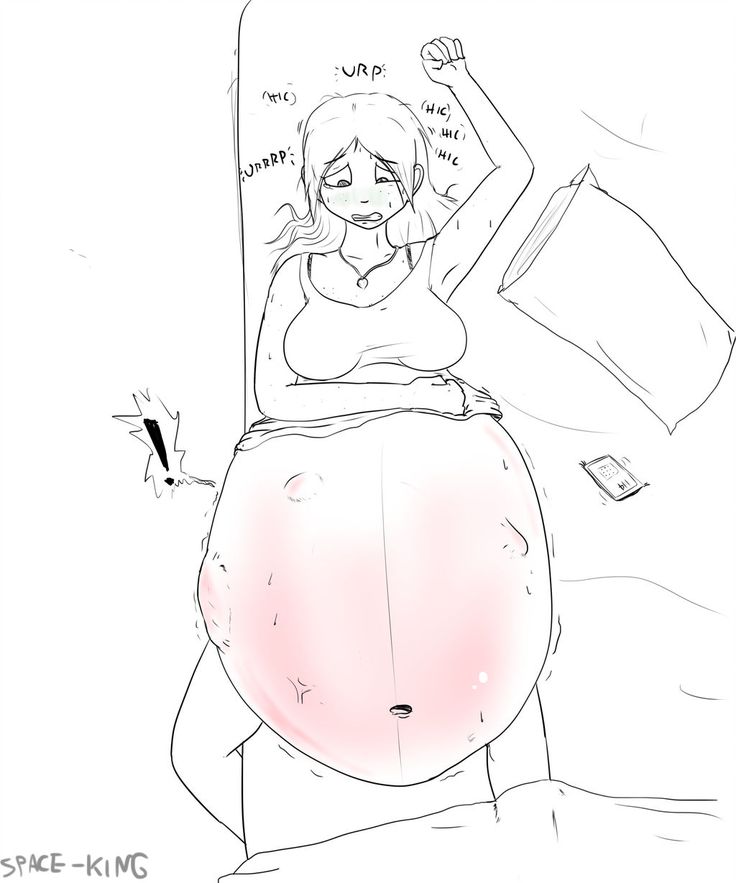
Women can try a range of techniques to improve their sleep quality and help ensure that they are sleeping in a position that is safe for the developing baby’s health and their own.
A doctor can offer advice if a pregnant woman is struggling to get enough sleep or is sleeping in excess.
How to sleep during pregnancy
It is difficult to overestimate the role of sleep in the life of every person. A complete healthy rest allows you to fully restore the functioning of the nervous system, relieve stress, improve performance and increase activity. Chronic sleep deprivation is the cause of many diseases. What can we say about a woman who is at the stage of bearing a baby. During this period, more than ever, she needs a healthy, long and full sleep. However, unfortunately, it is during this period that one can only dream of a restful sleep.
As soon as a woman finds out about her new position, she has to give up a lot for the sake of the health of her unborn baby. And you need to give up not only bad habits: alcohol, cigarettes, coffee, but also from a comfortable sleep.
And you need to give up not only bad habits: alcohol, cigarettes, coffee, but also from a comfortable sleep.
The cause of insomnia can be :
- Anxiety;
- Frequent urination;
- Fears and phobias before a new stage of one's life;
- Nervousness and irritability;
- Digestive disorder;
- Toxicosis;
- Physical indisposition;
- Uncomfortable posture.
During the period of bearing a child, the female body experiences an extraordinary load, especially in the last trimester. The need for more sleep increases, because the body expends much more energy. Therefore, healthy sleep and pregnancy are inextricably linked.
As soon as a woman finds out about her new position, she has to give up a lot for the sake of the health of her unborn baby. And you need to give up not only bad habits: alcohol, cigarettes, coffee, but also from a comfortable sleep.
Let's try to figure out how to sleep during pregnancy, so as not only not to harm the health of your unborn baby, but to sleep well.
Looking for a comfortable sleeping position
Each person has his own favorite position, in which it is easy to fall asleep and sleep. Many do not imagine a comfortable rest on their backs, accustomed to sleeping on their stomachs. This habit will have to be sacrificed, as it is unsafe for the normal development of the fetus. If in the first three months of pregnancy a woman can still sleep in the position in which she is used to and feels comfortable, then after the first trimester the growing belly will not allow her to lie safely in this position. Despite the natural protection of the baby in the form of amniotic fluid, there is a high probability of injuring the baby in a dream, squeezing it. But what is the right way to sleep during pregnancy?
Back position
Even if you are used to sleeping in a Spartan position, on your back, with your arms spread wide, from the 28th week you will have to radically change your lifestyle. The fact is that as the fetus grows, the load on the intestines and vena cava will increase significantly, blocking the access of oxygen to the baby.
As soon as a woman finds out about her new position, she has to give up a lot for the sake of the health of her unborn baby. And you need to give up not only bad habits: alcohol, cigarettes, coffee, but also from a comfortable sleep.
If you sleep on your back during pregnancy, you may experience the following problems:
- Dizziness;
- Nausea;
- Convulsions;
- Numb limbs;
- Pressure reduction;
- Hemorrhoids;
- Heaviness of breathing.
If you feel these symptoms or the baby gives persistent signals, you need to urgently change your position, so squeezing the vena cava is fraught not only with poor health for the mother, but also with a lack of oxygen supply to the fetus.
Stomach position
One of the most beloved positions for many people, which allows you to quickly fall asleep while hugging a pillow. Many women, as soon as they find out about the change in their lives, are interested in the question, is it possible to sleep on your stomach during pregnancy? Doctors recommend abandoning this position already in the first weeks, even before the enlarged belly makes it impossible to fall asleep peacefully.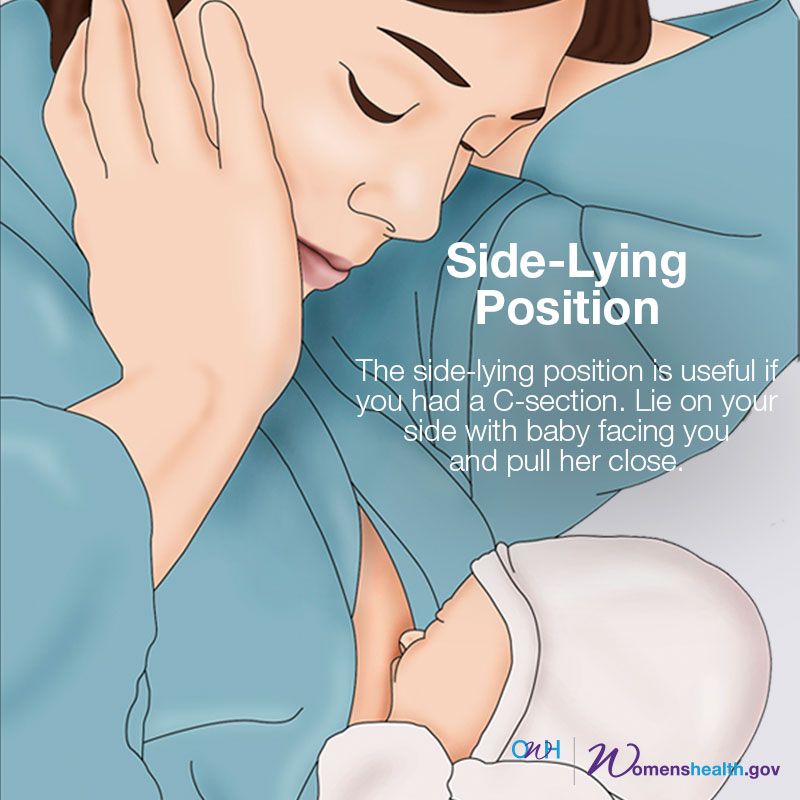
If you are afraid during sleep, without controlling your movements, to arbitrarily roll over on your stomach, you can put a large pillow that does not allow you to change position.
Side position
In order to normalize your sleep and not harm the health of the baby, experts recommend sleeping on your side during pregnancy. And if at first this option seems unacceptable to many, after the second trimester, lying on your side is the only possible one. But here the question arises, on which side to sleep in order to ensure the safety of the fetus?
Sleeping on the right side can cause squeezing of the kidney, which can have dire consequences. The ideal posture is lying on the left side. Thus, you not only do not injure the unborn baby, but also improve blood flow along with oxygen to the placenta.
But one should not ignore the individual characteristics of each organism and the position of the fetus in the uterus. When the baby is in a transverse position, choose the side where the baby's head is.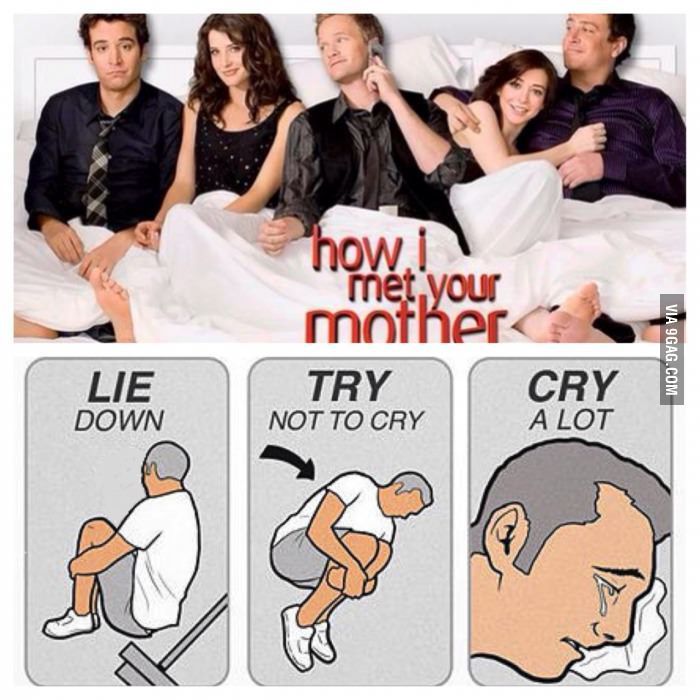 And with a breech presentation, doctors recommend changing the position several times a night.
And with a breech presentation, doctors recommend changing the position several times a night.
If you still cannot improve your sleep, you feel unwell and you are tormented by insomnia, then it is better to consult a specialist. A good gynecologist will analyze the situation and help solve the problem. If necessary, he will prescribe a safe sedative that stabilizes the emotional state and helps to fall asleep calmly, resting and restoring the nervous system in a dream.
Help pillow
Fortunately, now modern manufacturers help women survive the pregnancy period with great comfort by offering special pillows. They are made taking into account the physiological characteristics of a woman in this period and allow you to find a comfortable position for relaxation.
You can buy two pillows and put one under your stomach and the other under your knees, looking for your best option. And you can buy a long banana-shaped pillow, which allows you to throw your leg on it while sleeping, which improves well-being and relieves the main load from the lower back and abdomen. Already in the last weeks of pregnancy, when the growing belly does not allow you to breathe normally, the pillow will allow you to take a comfortable half-sitting position.
Already in the last weeks of pregnancy, when the growing belly does not allow you to breathe normally, the pillow will allow you to take a comfortable half-sitting position.
Remember that pregnancy is your opportunity to gain strength and fully relax before the most crucial period in your life. Childbirth and the first weeks of caring for your baby will require a lot of energy from you, so good luck and sound sleep!
Is it possible to sleep on your stomach during pregnancy
Subscribe to our Instagram! Useful information about pregnancy and childbirth from leading obstetricians and gynecologists in Moscow and foreign experts: https://www.instagram.com/roddompravda/
Tips and opinions from leading child professionals: https://www.instagram.com/emc.child/
Many girls like to sleep on their stomachs, moreover, many of them can fall asleep only in this position. When planning a future pregnancy, many people have reasonable questions about whether it is possible for pregnant women to sleep in this position and for how long can this be done? Obstetrician-gynecologist EMC Olga Panfilova answers these and other questions.
Can I sleep on my stomach in the first trimester?
Of course, for good health and mood, a calm and complete rest at night is very important. This is especially true for a woman who is expecting a baby, because it is she who often has problems with sleep, not least related to the positions that she usually takes in a dream. Including the posture on the stomach. However, in the early stages of pregnancy, you can safely continue to do this. The uterus is still so small and, moreover, so well protected by the bones of the pubis, that this position of the body is not capable of causing any harm to the developing baby. If the usual posture began to cause you discomfort, then most likely this is due to the so-called inflection of the uterus, which occurs due to the fact that the tissues of this organ soften, especially in the isthmus zone. Another cause of inconvenience may be the mammary glands, which begin to gradually increase in size, become painful. If you're having similar problems, it's time to find more comfortable sleeping positions, such as trying to fall asleep lying on your back. And even better already in the early stages to accustom yourself to sleep on your side. You will definitely appreciate the benefits of the newly acquired habit later, when your stomach has reached such a size that even the very thought of trying to sleep on it seems ridiculous.
And even better already in the early stages to accustom yourself to sleep on your side. You will definitely appreciate the benefits of the newly acquired habit later, when your stomach has reached such a size that even the very thought of trying to sleep on it seems ridiculous.
Can I sleep on my stomach in the second trimester?
In the second trimester of pregnancy, the expectant mother can already boast of a voluminous belly, which means that the baby inside has grown up. And even though it is reliably protected by the fetal membranes, amniotic fluid, the muscles of the uterus and the press, laying on the stomach, you still put pressure on the baby. And just imagining that you are lying on your child, you are unlikely to be able to sleep peacefully. At this stage of pregnancy, you can still sleep on your back, but it is best to lie on your side, so you arrange your stomach as comfortably as possible.
Can I sleep on my stomach in the third trimester?
In the third trimester of pregnancy, sleeping on the back of the expectant mother is no longer recommended.



